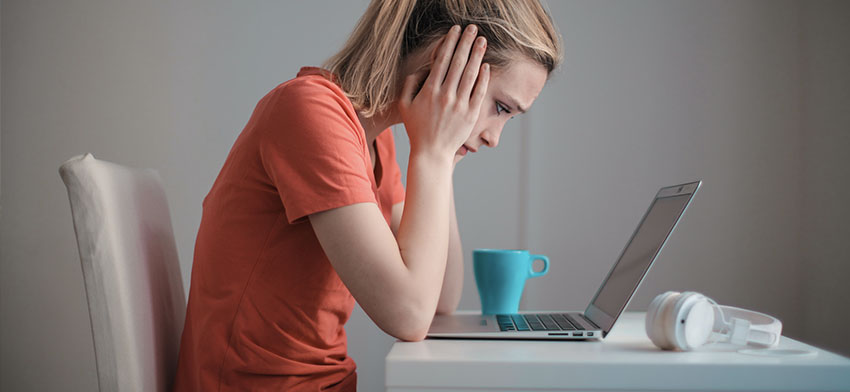
Relationships are complex and require effort, understanding, and compromise from both partners. However, it is natural for conflicts to arise in any relationship. When communication breaks down, and issues are left unresolved, it can lead to feelings of frustration, resentment, and distance between partners.
This is where couples counselling can play a crucial role in helping partners navigate through their conflicts and strengthen their connection. By seeking the help of a trained professional, couples can work through their issues, improve communication, and rebuild trust.
The Benefits of Couples Counselling
Here are some of the key benefits of couples counselling:
1. Improved Communication
- Couples counselling provides a safe space for partners to express their thoughts and feelings openly.
- A therapist can help couples improve their communication skills and learn to listen to each other effectively.
- By enhancing communication, couples can better understand each other's perspectives and work together to find solutions to their problems.
2. Conflict Resolution
- A trained therapist can help couples identify the root causes of their conflicts and develop healthy ways to resolve them.
- Couples counselling teaches partners how to approach disagreements constructively and find common ground.
- Through effective conflict resolution, couples can strengthen their relationship and build a more solid foundation for the future.
3. Rebuilding Trust
- Trust is essential in any relationship, and when it is broken, it can be challenging to repair.
- Couples counselling can help partners address trust issues and work towards rebuilding trust in each other.
- By being open and honest with each other in therapy, couples can start the process of healing and restoring trust in their relationship.
How Couples Counselling Works
Couples counselling typically involves the following steps:
1. Assessment
- The therapist will assess the relationship dynamics and identify the main areas of concern for the couple.
- Both partners will have the opportunity to share their perspectives on the issues they are facing.
2. Goal Setting
- Based on the assessment, the therapist and the couple will work together to establish specific goals for the counselling sessions.
- These goals may include improving communication, resolving conflicts, or rebuilding trust.
3. Therapy Sessions
- During therapy sessions, couples will engage in discussions, exercises, and activities designed to help them address their issues.
- The therapist will guide the couple through these sessions and provide tools and techniques to enhance their relationship.
4. Follow-Up and Support
- After the initial counselling sessions, couples may have follow-up sessions to check in on their progress and address any new issues that may arise.
- The therapist may also provide additional resources and support to help the couple maintain the progress they have made.
Is Couples Counselling Right for You?
If you are experiencing challenges in your relationship, couples counselling may be beneficial if:
You are experiencing:
- Communication breakdown
- Constant conflicts and arguments
- Trust issues
- Emotional distance
You want to:
- Improve your relationship
- Learn to communicate effectively
- Resolve conflicts in a healthy way
- Rebuild trust and intimacy
Remember, seeking help is a sign of strength and commitment to your relationship. Couples counselling can provide you with the tools and support needed to navigate through your challenges and build a stronger, more connected relationship with your partner.
